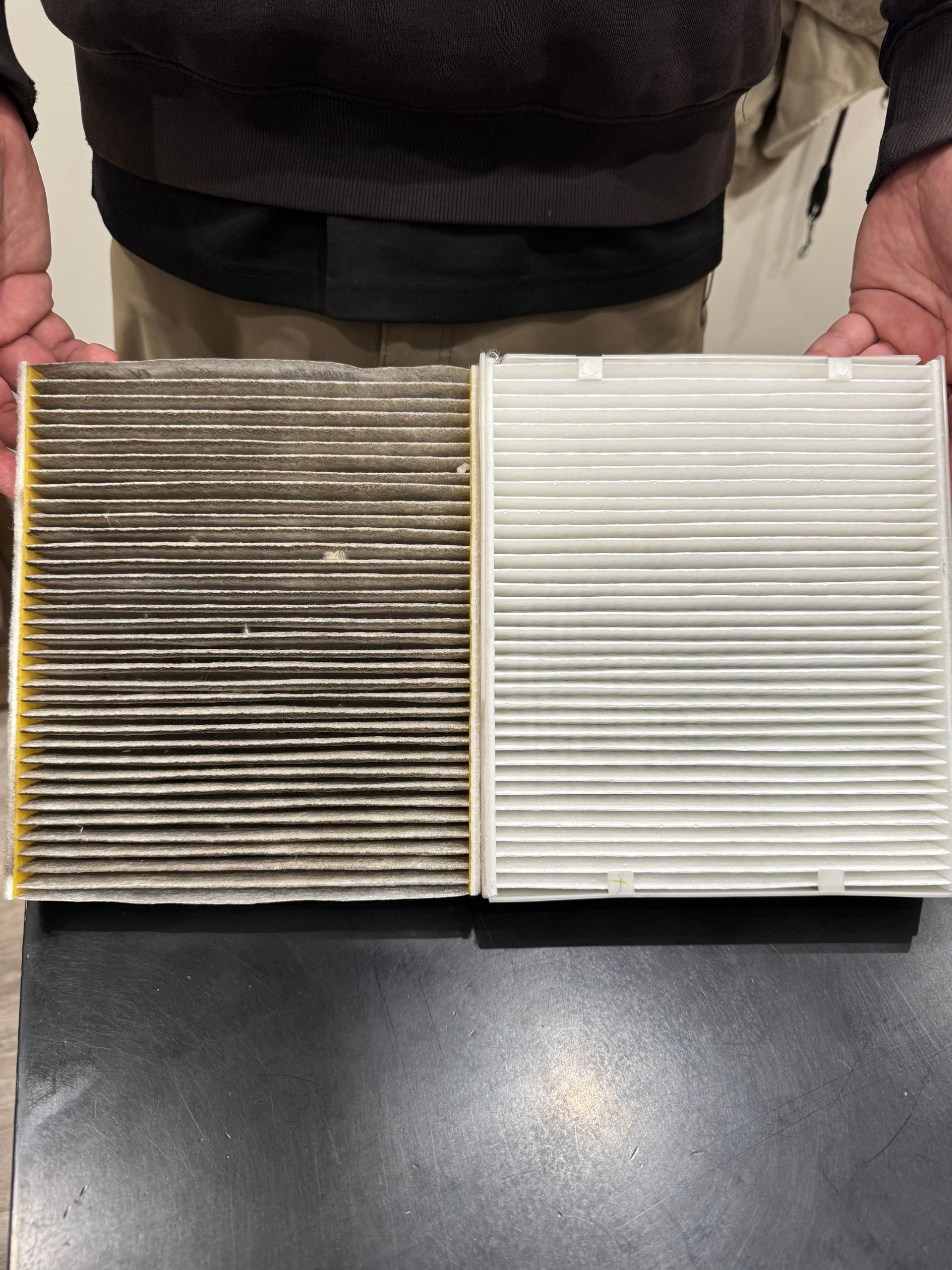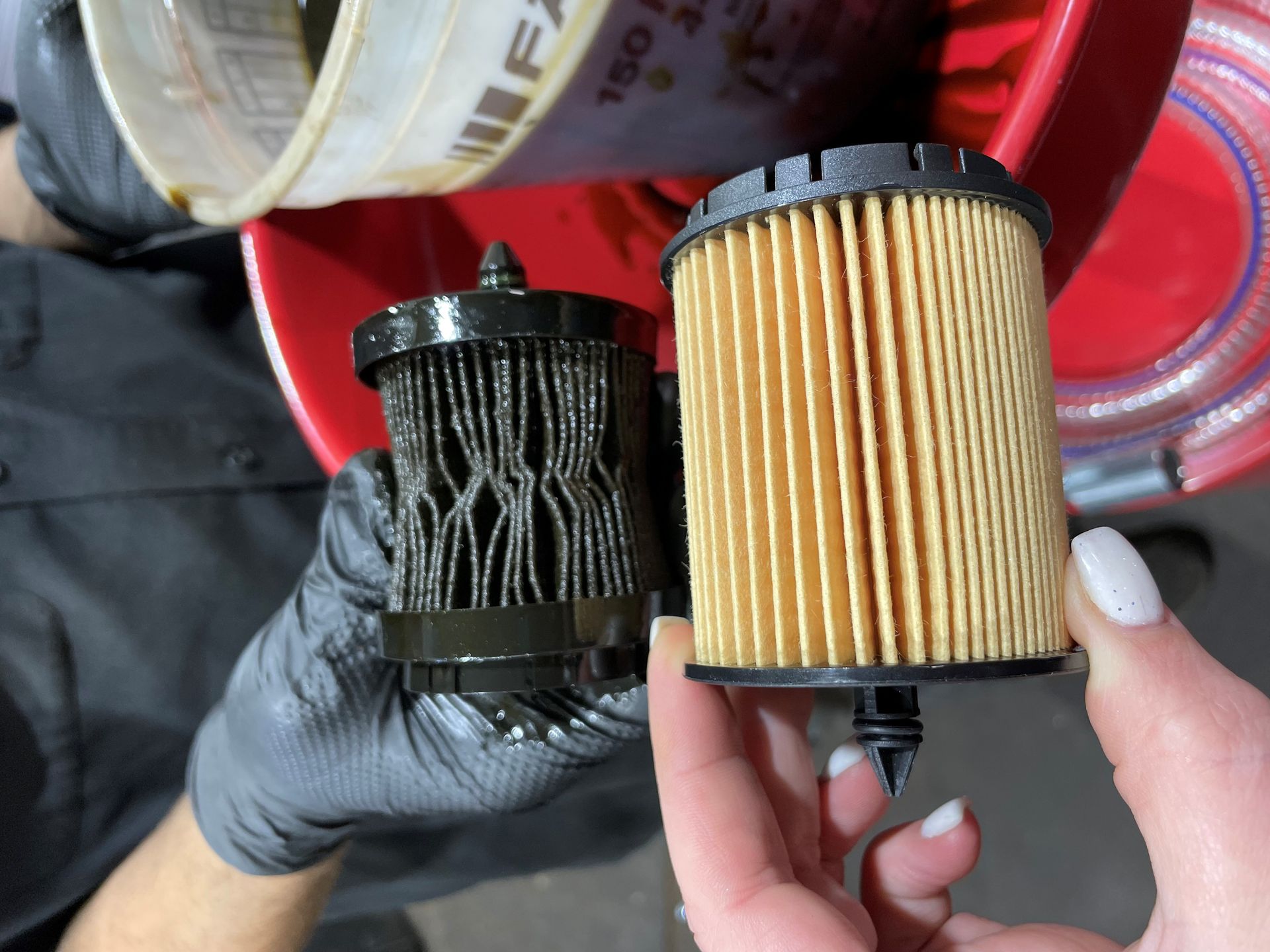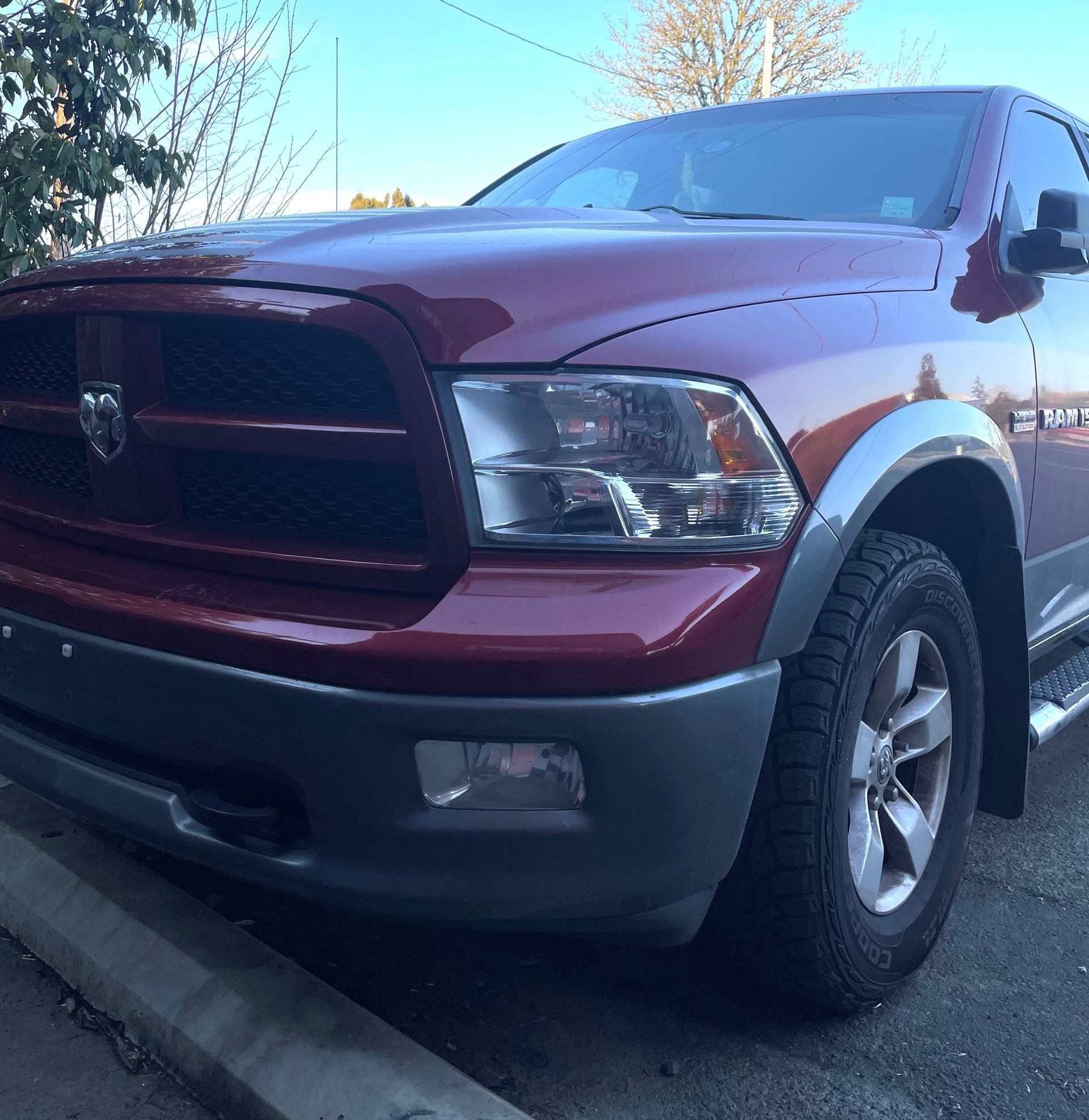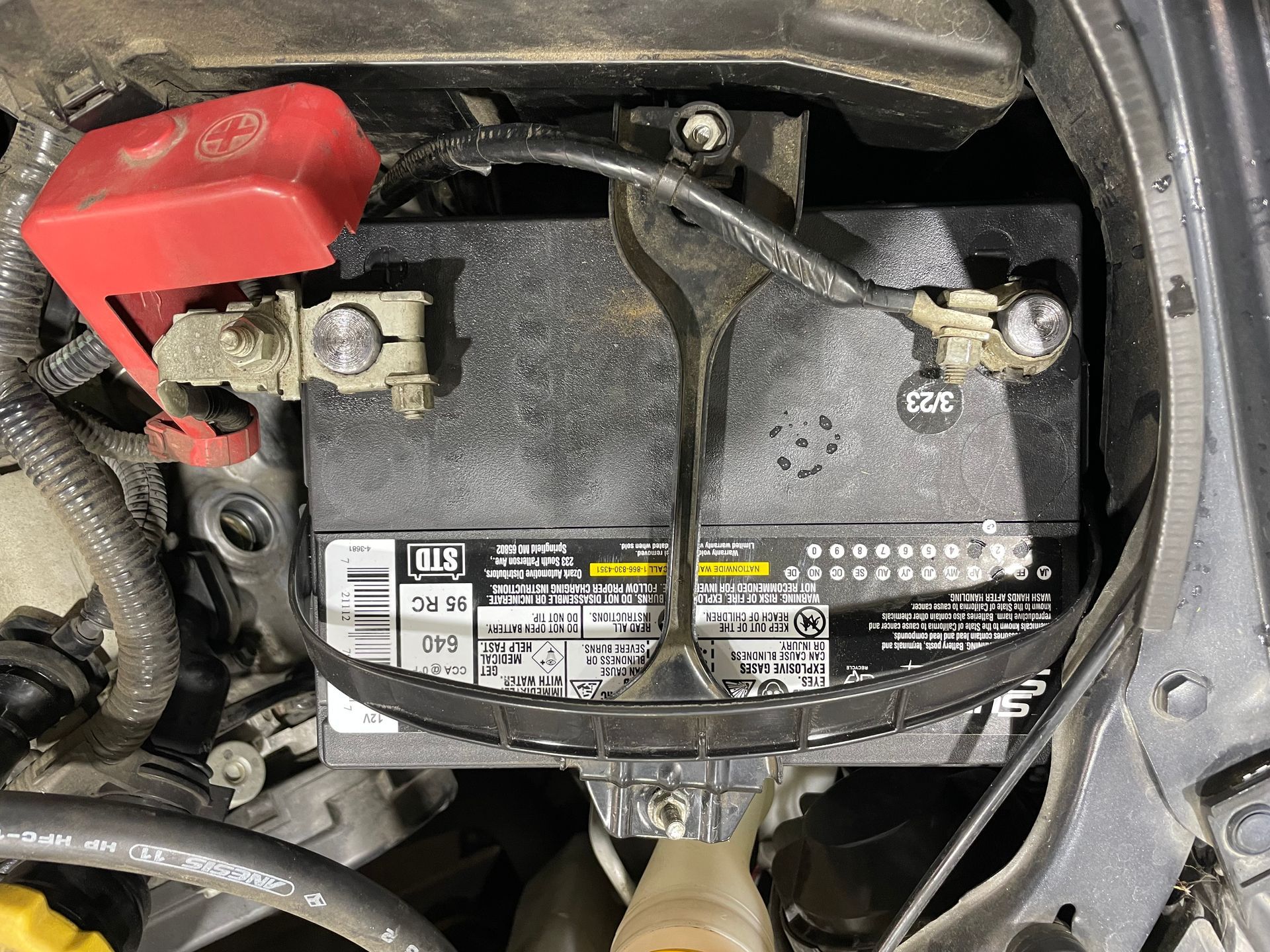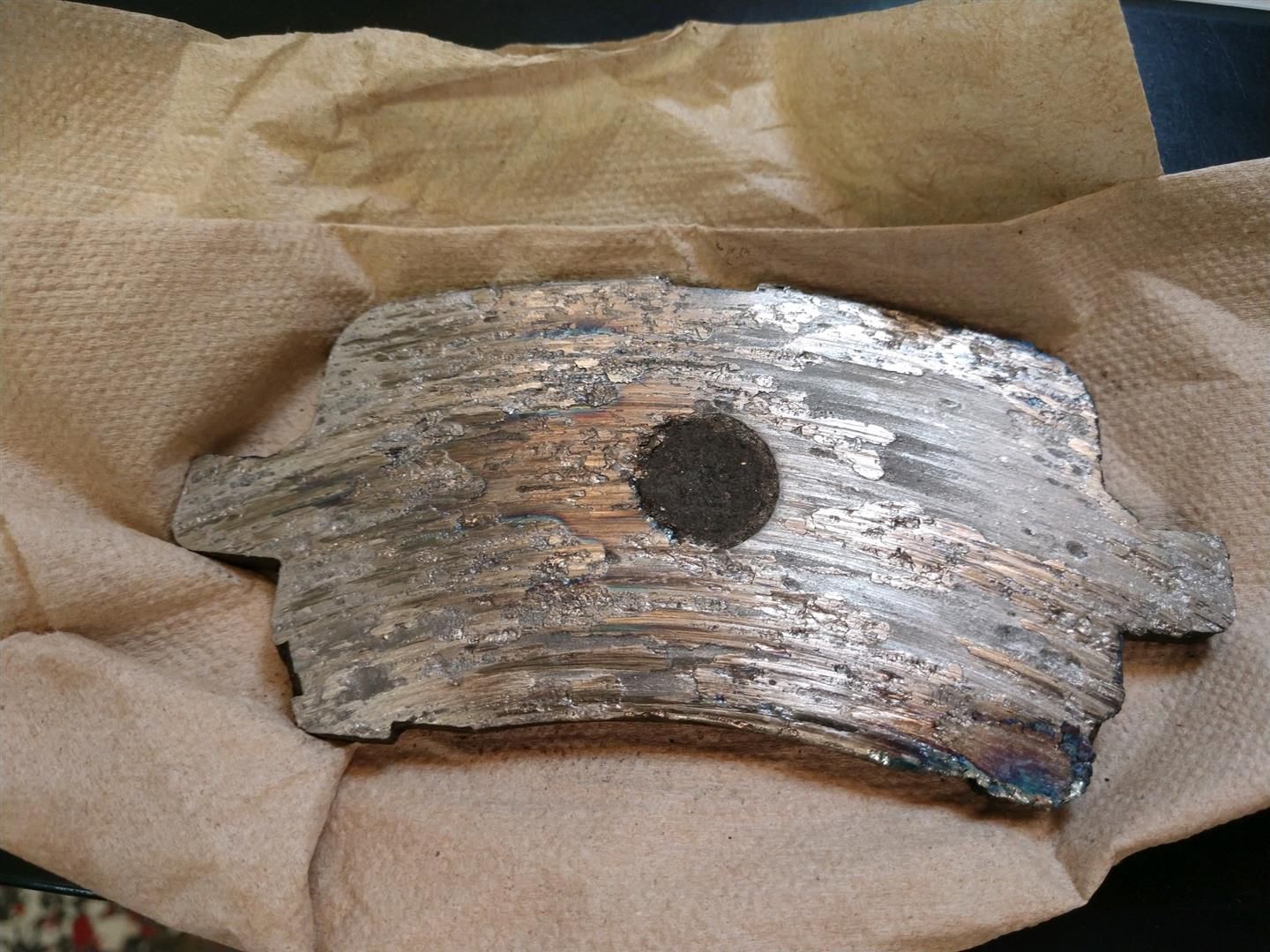Loading ...
Missing business hours data / Error occurred while getting the data.
Loading ...
Missing business hours data / Error occurred while getting the data.
Engine Problems?

We've all been there. You turn the key, the engine cranks with gusto, but... nothing. Just a persistent "whir" and a sinking feeling in your gut. Your car is cranking but not starting, and it's a problem that can range from a minor annoyance to a major headache.
Let's break down some of the most common culprits behind this frustrating situation:
- Fuel Pump Problems: The fuel pump is responsible for delivering gasoline to your engine. If it's failing, it might not be able to provide enough fuel pressure for combustion. This is a common issue, especially in older cars.
- Fuel Filter Clog: A clogged fuel filter can restrict fuel flow, leading to a no-start condition. Replacing the fuel filter is a relatively inexpensive maintenance task that can prevent this problem.
- Fuel Injector Issues: Fuel injectors spray fuel into the engine's cylinders. If they're clogged or malfunctioning, the engine won't get the fuel it needs.
- Faulty Spark Plugs: Spark plugs ignite the fuel-air mixture in the engine. If they're worn out or fouled, they might not produce a spark, preventing the engine from starting.
- Ignition Coil Problems: The ignition coil provides the high voltage needed for the spark plugs. A faulty coil can lead to a no-start condition.
- Distributor Problems (Older Cars): In older vehicles with distributors, a faulty distributor cap or rotor can disrupt the ignition timing.
- Dead Battery: While a dead battery usually results in no cranking at all, sometimes it can be weak enough to crank the engine slowly but not provide enough power for the ignition system. Try jump-starting the car.
- Loose Battery Connections: Check your battery terminals for corrosion or loose connections. Clean them and make sure they're securely fastened.
- Faulty Starter: While the starter is responsible for cranking the engine, in some rare cases, a failing starter solenoid can cause a no-start condition even if the engine cranks.
- Fuses and Relays: Check your car's fuse box for any blown fuses related to the fuel or ignition systems. Also, check the relays for proper function.
- Timing Belt/Chain Issues: A broken timing belt or chain can cause serious engine damage and prevent the engine from starting. This is a serious issue that requires immediate professional attention.
- Sensor Problems: Various sensors, like the crankshaft position sensor or the camshaft position sensor, provide crucial information to the engine control unit (ECU). If these sensors fail, the ECU might not know when to inject fuel or spark the engine.
A car that cranks but doesn't start is a frustrating experience, but by understanding the potential causes, you can take steps to diagnose and fix the problem.
Give us a call and let us take care of you.
Happy Adventures,
Heather
Loading ...
Missing business hours data / Error occurred while getting the data.
Having Trouble Finding Us?
Loading ...
Missing nap lines data / Error occured while getting the data.


